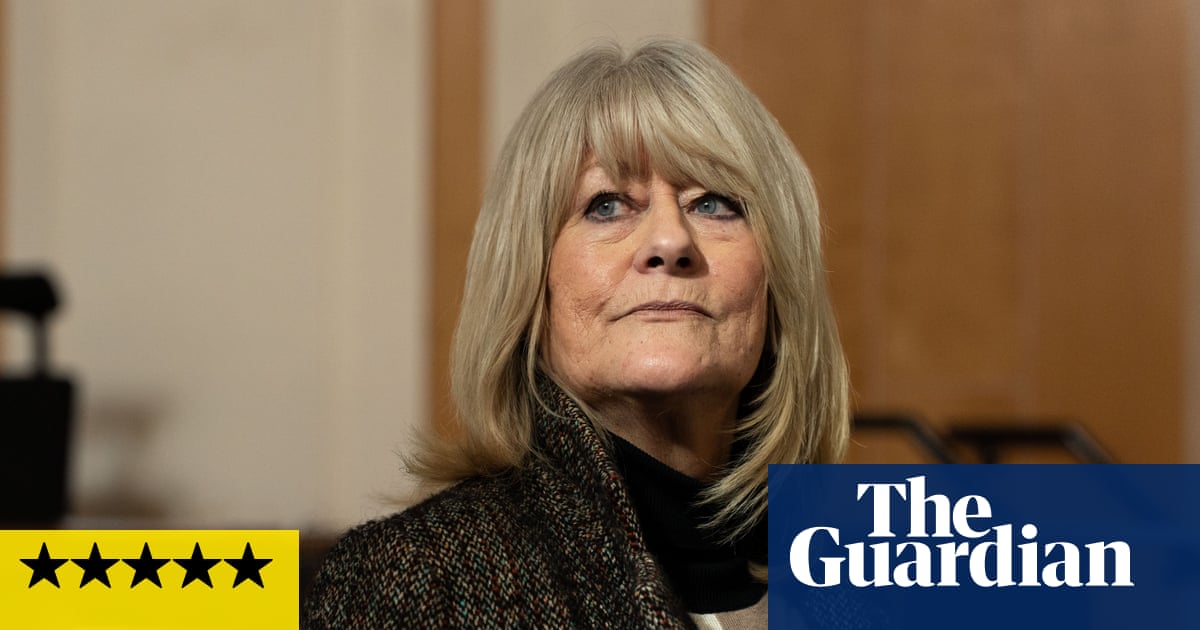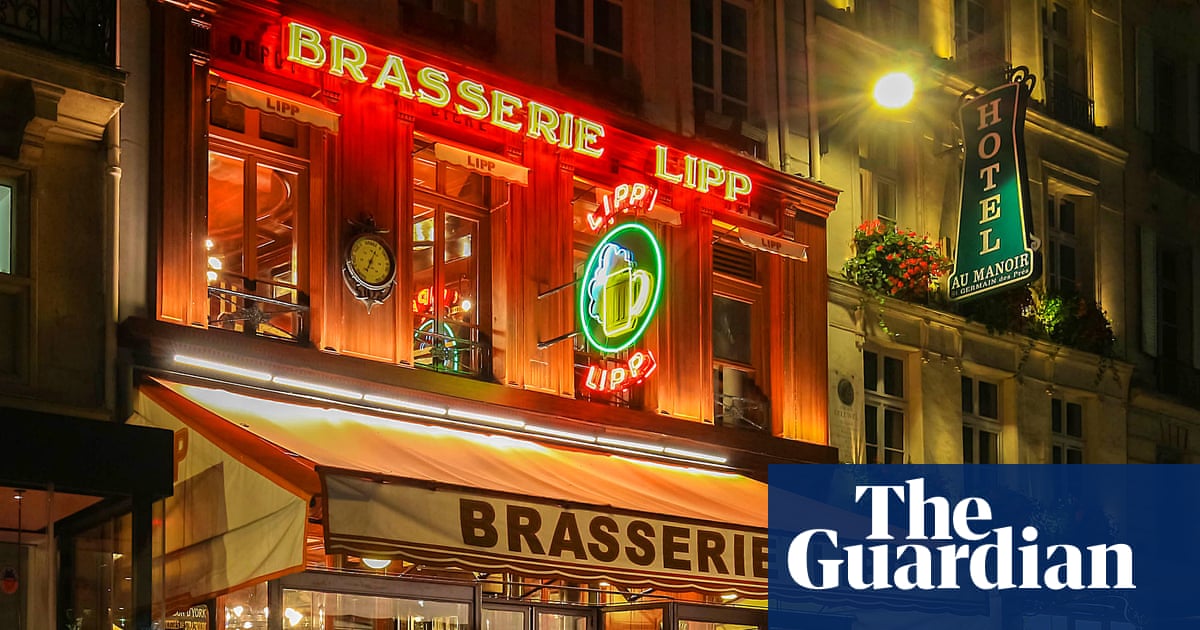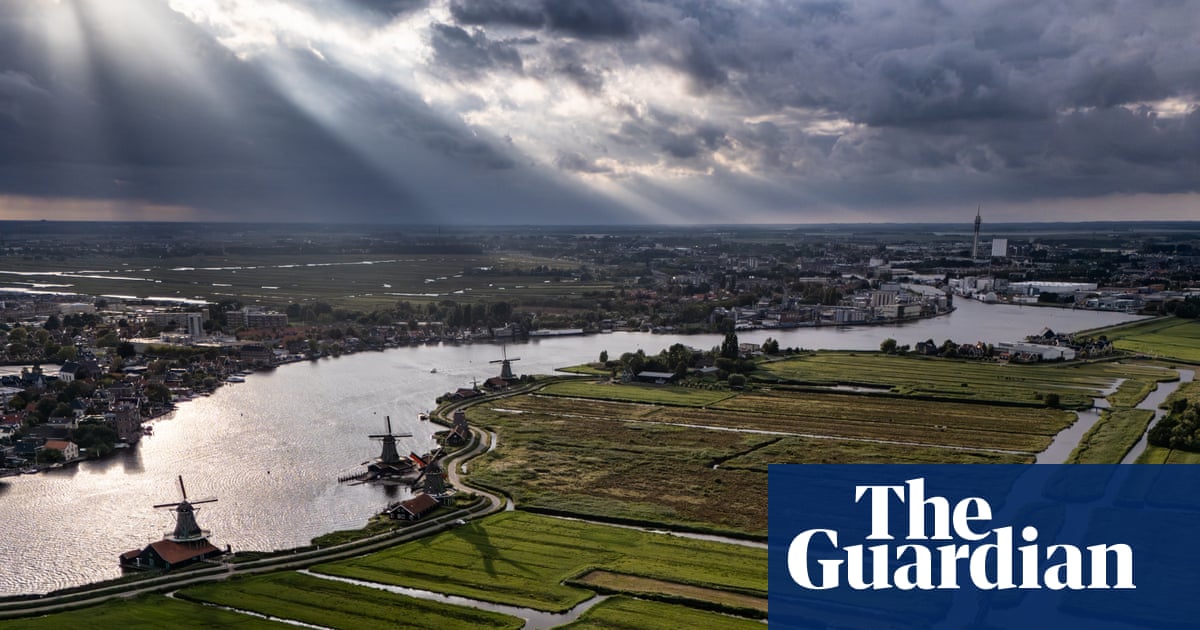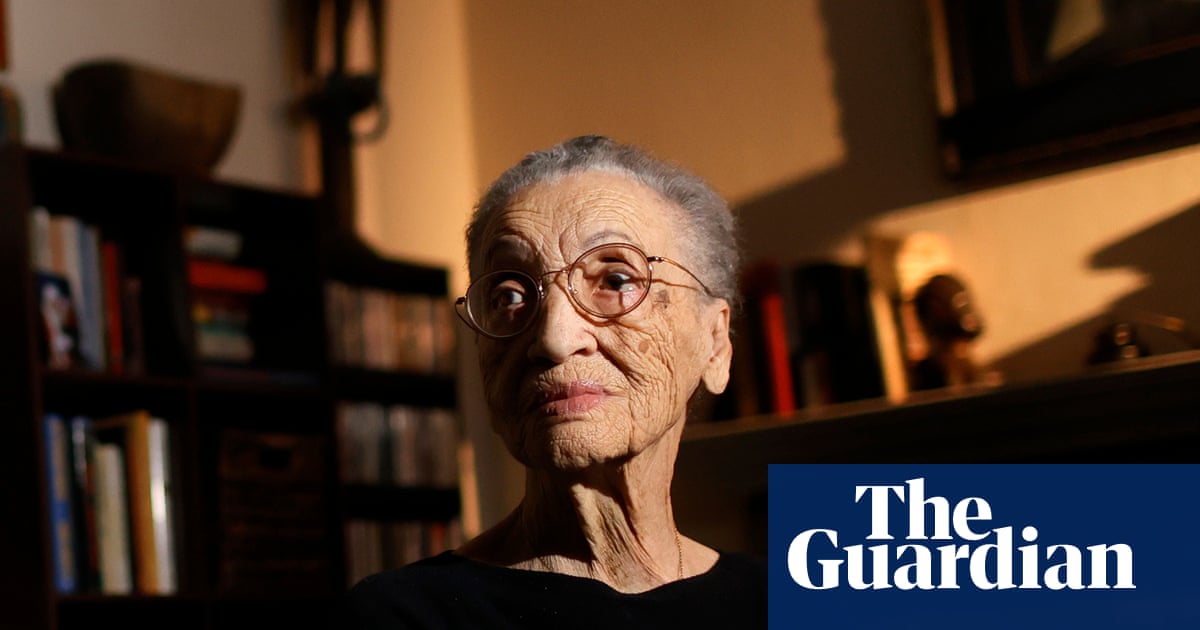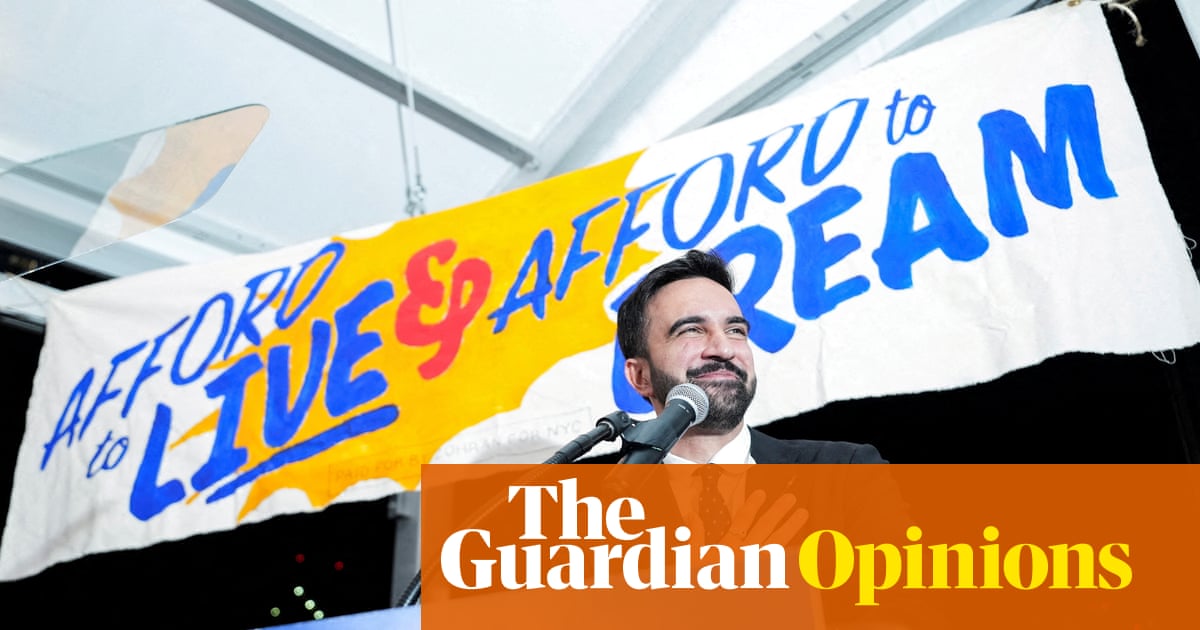The two-bedroom apartment in Belém became Suelen Freitas’s home in 2020, when she moved her family to the same building as her elderly mother. On the edge of the Amazon rainforest, it was where her story played out for five years, from enduring the Covid pandemic, to watching her two children get into the university.
But in March everything changed. An eviction notice gave them and their neighbours 30 days to vacate their apartments. One by one, all 12 families were forced out. “It was very painful,” Freitas said.
The reason, she was told, was that the building’s owner planned to convert all of the flats into short-term rentals for Cop30, the annual climate summit which is scheduled to take place in the Brazilian city in November.
This year’s summit, which began with an idealistic dream that the world would come to see the climate crisis for themselves in the rainforest, is increasingly enmeshed in anger and recriminations over sky-high accommodation costs and accusations that poorer countries are being forced out of the meetings.
Freitas’s story has become an all too common one in a city which, even before it was chosen to host the summit, was suffering a housing shortage and the country’s second-highest rental costs.
“Cop30 was just the cherry on top,” said Priscilla Santos, the co-founder of the Rede Amazônidas pelo Clima thinktank. She credits the big real estate companies that operate in the city with triggering the lodging crisis.
“They immediately moved to secure exclusive deals with high-end property owners and promised to rent them out to foreigners at outrageous prices,” she said.
Local government picked up the idea and Cop30 was presented as a money-making opportunity on social media and beyond. Promotional material found by the Guardian encouraged local people to “take advantage of this great opportunity to earn even more”.
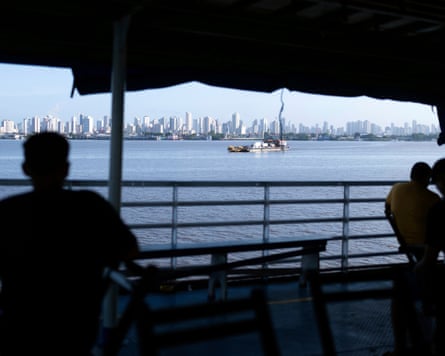
Lured by the prospect of once-in-a-lifetime profits, landlords soon started favouring short-term rentals for Cop30 at the expense of the city’s residents.
Freitas’s husband, who is an Uber driver, spent the 30 days after their eviction notice scanning the streets for rental listings. Each time the conversations were the same: “Is it for Cop? No? Then we’re not renting to you.”
It was clear from the beginning that Belém would not have enough hotel rooms for the 50,000-odd people expected to attend the summit, so resorting to private homes was always a condition for the event to happen. But the way it has played out has in some cases been unfortunate.
Giovana Silva* moved with her husband to a three-bedroom house with a back yard in February 2024, when the couple decided to start a family.
A year into the three-year fixed-rate lease, however, the landlord approached them. In exchange for agreeing to vacate the house in November, Silva and her husband were offered about a tenth of the landlord’s expected profits from Cop30 rentals.
The verbal agreement included some remodelling of the property, which was supposed to last a week. Instead, it dragged on for almost three months. “The worst part was being confined to our bedroom, the only part of the house that remained undisturbed,” Silva said.
Silva is pregnant and it pains her to think of what’s to come: stripping the house of anything remotely personal, moving in with the in-laws for a month, and not knowing how the guests will treat her home or what it will look like when she returns. “It’s much too little money for such a heavy burden,” she said.
after newsletter promotion
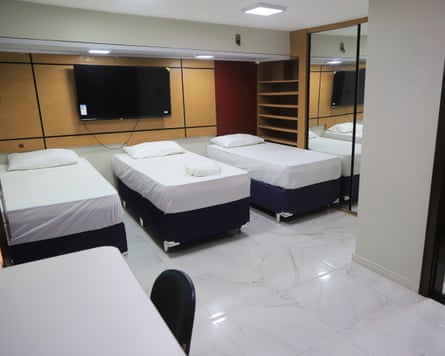
Belém residents feel that much of the global media has painted their city as poor, lacking in infrastructure and incapable of hosting Cop. To them the coverage seems colonial and stereotypical. Despite all the challenges, they are adamant that they want to host the summit, which Santos says is more than a symbolic choice.
“We need people to come here and see the Amazon for what it really is, beyond exotified or romanticised notions,” she said.
The event has already created a ripple effect. “Everyday people have started to perceive themselves as being affected by the climate crisis. This discussion, once niche, has now become commonplace,” Santos said.
“The lady who cleans my house, who months ago confused Cop with the football World Cup [Copa, in Brazilian Portuguese], not only recognises the international importance of the event, but she now understands what climate change is and how it affects her life,” said the lawyer Ieda Andrade.
Andrade founded Conexão Cop30, an accommodation micro-platform that connects hosts and guests by word of mouth. Like hers, a number of others emerged in recent months – including a Christian-led community-based accommodation platform – as locals strive to offer affordable alternatives to Cop attenders.
“The Belenense are a welcoming people and we are making a genuine, heartfelt effort to accommodate everyone who wishes to come,” said Santos.
With the help of a lawyer, Freitas managed to get an extra 30 days to vacate her apartment. After two months her family finally secured a new place to live – one that is more expensive, less connected and much farther from her mother’s new address.
That’s home for now. But whether it will remain so once the summit is over is yet to be seen. “With the construction and renovations all over town, we hope to have more and better options,” Freitas said.
Regardless of what the future holds, she insists on clarifying that she is not at all against Cop30. “We want to be a part of this discussion,” she said.
* Name changed at interviewee’s request

 1 month ago
45
1 month ago
45


